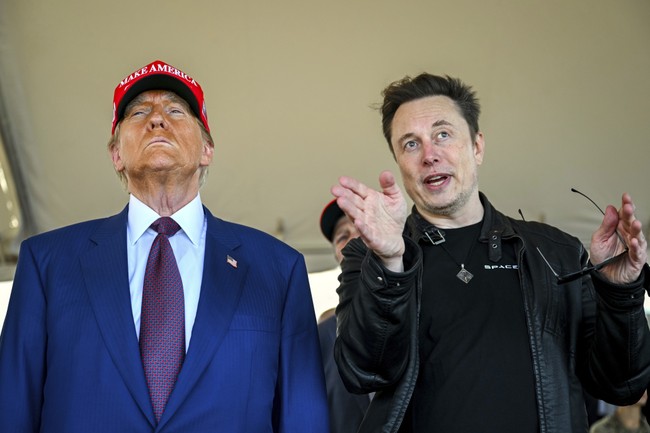UK and EU Relations: A Complex Network
As the UK navigates post-Brexit waters, the consequences are becoming more evident. Collaboration with the EU remains crucial, with many debates surrounding trade, mobility, and politics.
Published February 05, 2025 - 00:02am

Image recovered from arabnews.com
Five years after the formal exit of the United Kingdom from the European Union, Brexit's aftermath still echoes in political and economic corridors of power. The UK and EU now face the colossal task of steering through these uncharted waters of post-Brexit relations. As London's political sphere continues adjusting, the scars of Brexit show no immediate signs of healing, leaving both sides grappling with establishing a comprehensive framework to address their multifaceted issues.
The UK is witnessing a decline in trade with the EU, a once-thriving exchange, now dwindled due to the departure. Reports indicate UK goods exports to the EU have plummeted by 27 percent, while imported goods see a 32 percent decline. These figures spell economic challenges, pressing the UK and EU to reevaluate their commercial and strategic ties urgently.
In this new landscape, there is a noticeable reluctance to reopen the discussion on Brexit, primarily due to its politically toxic nature. Prime Minister Keir Starmer, despite his earlier pro-Europe sentiments, navigates carefully, aware of the delicate balance between fervent Brexit supporters and Europhiles. His cautious steps towards forwarding youth mobility and aligning with EU regulations underscore the sensitivity of any decision hinting at European realignment.
Meanwhile, the European Union continues its negotiation efforts on Gibraltar, a focal point of contention, highlighting free movement concerns. José Manuel Albares, Spain's Minister of Foreign Affairs, emphasized resolving these issues to strengthen relations. Similarly, Starmer's administration has shown willingness to refresh UK-EU dialogue, setting the pace for negotiations in diplomatic and economic realms, despite commitments to stay outside the common market.
Further complicating this scene is the recent push for increased defense spending across Europe amid rising geopolitical tensions. The mutual ambition of maintaining military readiness remains a priority, evidenced by meetings between EU officials and NATO in Brussels.
Ultimately, the challenges presented by this new chapter require that both the UK and the EU adopt an approach that maximizes shared interests while minimizing friction. This new phase not only tests the resilience and adaptability of transnational collaborations but also determines the economic and political fortitude to confront global challenges like cyber security, energy dependency, and the current state of global politics.
As stakeholders on both sides engage in ongoing negotiations, it's crucial to cultivate pragmatic cooperation pathways that go beyond immediate economic concerns. Establishing a compromise and mutual understanding for issues at hand can bring tangible benefits and further reinforce diplomatic relations at this critical juncture in history.






